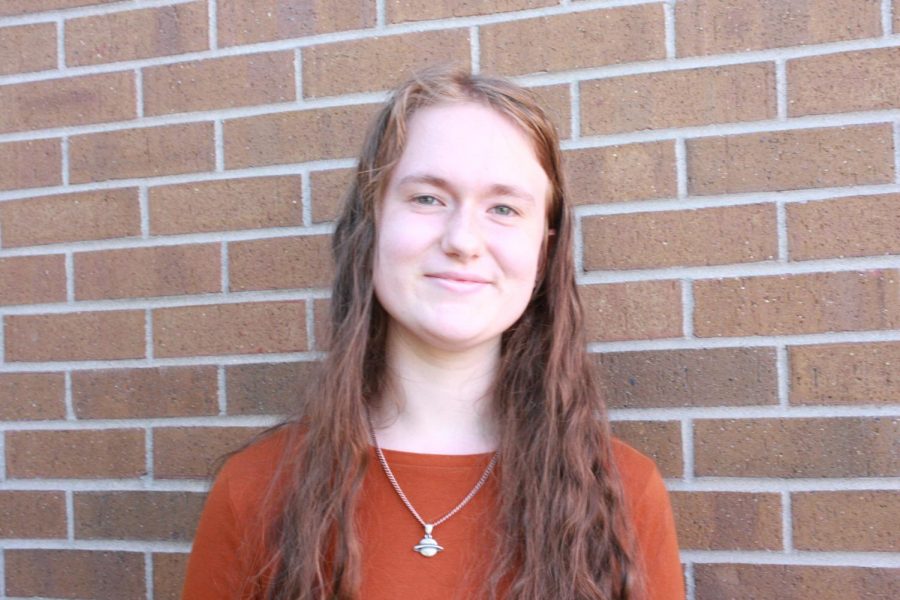Diverse characters: finding yourself in literature
January 30, 2022
When I was a kid, I was content constantly reading books with practically identical main characters. Divergent by Veronica Roth, City of Bones by Cassandra Clare, and The Unbecoming of Mara Dyer by Michelle Hodkin. Books with straight, white, female protagonists. These days, I feel like it’s boring to only read books with these kinds of protagonists. Eventually, the characters start to sort of mesh together.
One of the wonders of reading is seeing people similar to you in a book. Having uniform protagonists hinders this spark. I don’t think I would’ve fallen in love with reading as much as I did if I didn’t find characters I connect with Kids who don’t fit into certain categories — white, cisgender, heterosexual, able-bodied, and able-minded specifically. It’s discouraging to not see yourself in books. For me, it’s hard to connect with characters from classics because, on a superficial layer, they don’t represent me, even if the characters might actually be complex and realistic.
People say that increased diversity in books is forced and implausible. But “forced diversity” is simply representing a wider array of people. The world is diverse, so characters within books should be diverse too. Reading about characters I relate to is fun, but reading about characters different from me gives me a broader perspective and a more open mind. I’m not automatically going to know about cultures other than my own, so I have to take the time to educate myself. While I know fiction isn’t going to give me the most factual overview, it is a fun and easy way to learn.
With this comes the responsibility that falls upon the author’s shoulders: listen to the people represented in your book. If you’re representing a culture or group of people that you are not a part of, get information directly from that group of people. Someone misrepresenting a culture they’re writing about could lead to a greater misunderstanding of that culture. Supporting diverse authors is a huge part of promoting diversity in books; no one knows how to write about a specific group better than someone from that group. Afro-Dominican author, Elizabeth Acevedo has written some amazing books-Clap When You Land and With the Fire on High, that both feature Afro-Dominican protagonists.
Diversity in novels is an integral part of learning about other cultures or groups of people. There are diverse characters in every genre. Examples in fantasy are Cemetary boys and A Dark and Hollow Star, and in classics there’s The Color Purple. Honey Girl, my current favorite book, is a realistic fiction book with a ton of diverse characters. Diverse books are very important because a lot of the joy of reading comes from the connection between a reader and a character they relate to. I also believe “forced” diversity is not as big of a problem as some people make it out to be. Diverse books are everywhere if you take the time to search for them. It is imperative to search them out.

